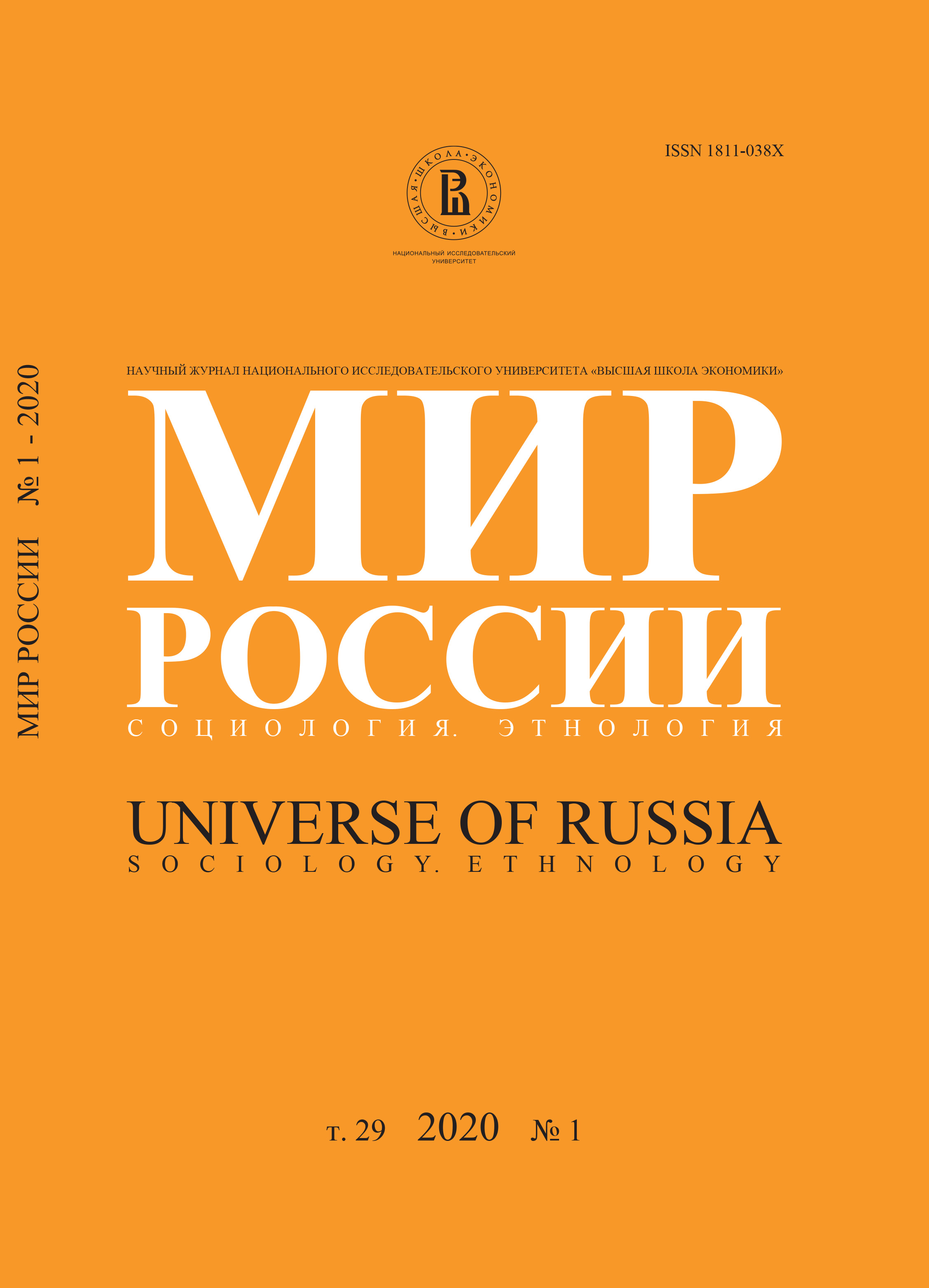The Meanings of WW2 Search Work in Russia in the Rhetoric of State Authorities and the Searchers Themselves
Abstract
Citation: Goncharova N., Yasaveev I. (2020) The Meanings of WW2 Search Work in Russia in the Rhetoric of State Authorities and the Searchers Themselves. Mir Rossii, vol. 29, no 1, pp. 153–173 (in Russian). DOI: 10.17323/1811-038X-2020-29-1-153-173
This article focuses on the meanings of search work in Russia, i.e. the search for and identification of the unburied remains of Soviet soldiers who perished in WW2. These meanings are constructed not only by the participants of expeditions (or poiskoviki, as they call themselves), but also by the Russian authorities, who actively support this movement. To reconstruct these meanings, we rely on several different sources: the addresses of Russia’s presidents to the search movement, participant observations as part of expeditions, interviews with their members and texts by the searchers themselves in the form of books, stories, songs and blog posts in social media. The rhetoric of the state authorities as regards the movement is filled with elevated sentiments like “patriotism”, “heroism”, “education”, “pride for the Fatherland”, and “national consolidation”. They tend to discursively embed it in the patriotic education of Russian citizens, formulating the meanings of the search in the context of militarized patriotism. The search work is presented by the president as a demonstration of “genuine patriotism”, which consists in defending the country with arms and self-sacrifice. Searchers’ statements about their work are colored with motives of a different tone, such as the sense of unfairness towards the soldiers who have remained unburied for decades. Some members of the movement reject the patriotic rhetoric and critically contest the educational effect of their work. The desire to restore fairness by burying the remains and informing the relatives about the fate of missing soldiers is the basic meaning of the searches according to the participants. A successful search is thought to contribute to the understanding of the tragedy of a family that lost loved ones in the war. The problematization of the war in the searchers’ experiences is discursively and explicitly contrasted with the authorities’ militaristic rhetoric.






